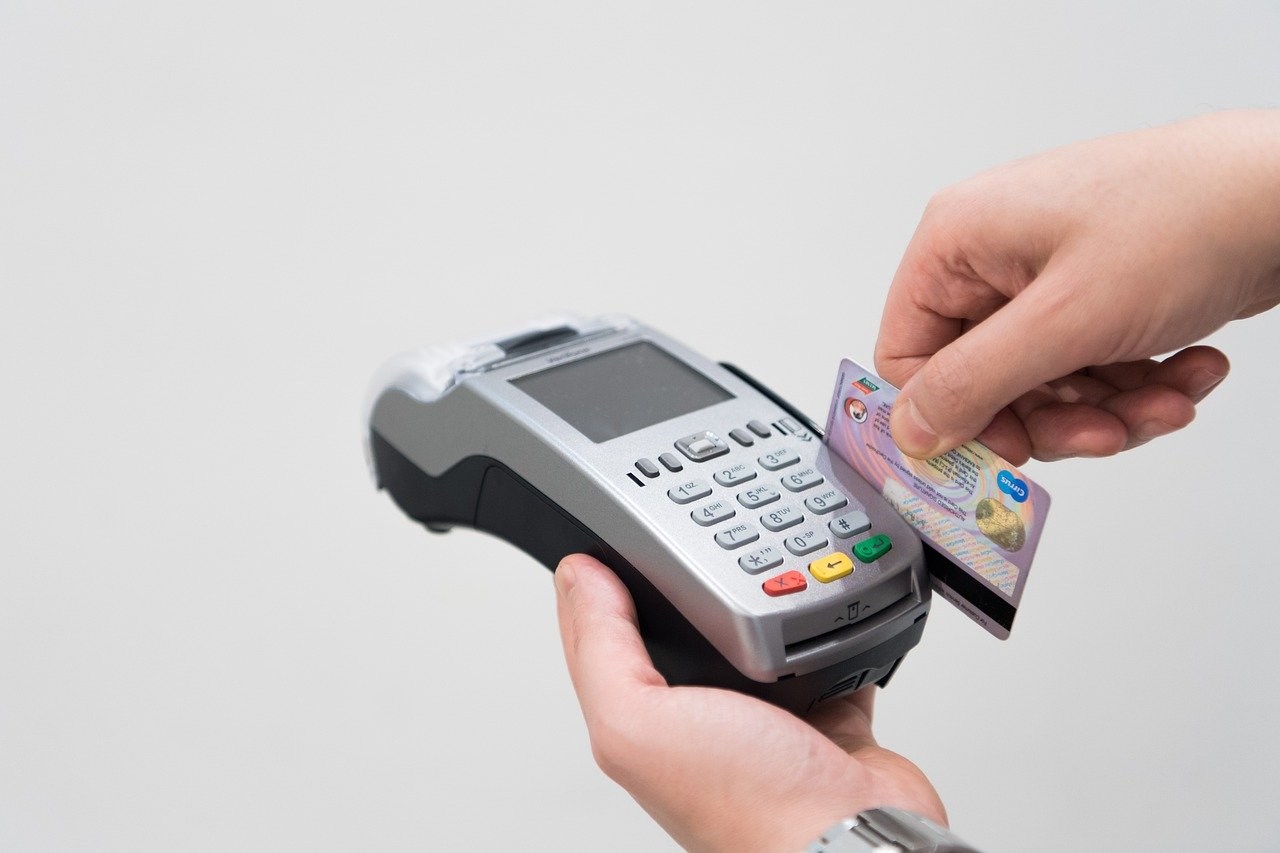If you are in business you need to keep a record of your income and expenditure and whilst you know what you are selling, receipts or invoices from the businesses you buy from are evidence of what you have bought.
All the clients we work with know that we will ask them for receipts or invoices to support the payments they make. But why would we do this if we can see from the bank transaction who has been paid?
How do we know?
It may be obvious that a purchase has been made at a garage but what was it for? We could assume it was for fuel and we could assume that the garage was VAT registered and claim the VAT. But what if other things were bought at the garage – food, drinks, cigarettes, newspaper? As well as some of those purchases being non-business related each business related purchase could have a different rate of VAT. Our allocation of the expense in the accounts and the claim for VAT will therefore be incorrect.
Even if the person who was spending did the accounts within a day or two and knew what had been bought and whether there was VAT on the purchase how can they prove the expense when HMRC arrive to do a VAT and/or tax inspection? I have had experience of VAT inspectors requesting garage receipts from 4 years previously so I know it can happen.
We have clients who say they only ever buy materials from a particular store and aren’t given a receipt. How do we, as bookkeepers, record that and prove to the VAT inspector that we claimed the VAT because the business owner told us that it was a business expense?
VAT registered or not?
It is frustrating for us, and we know it is for business owners too, when we insist on having receipts to prove a purchase and to enable it to be recorded in the accounts accurately and VAT claimed appropriately. But if we have the supporting documentation and have recorded only business related expenses and claimed VAT where VAT receipts are available we are 100% happy to be part of any VAT or tax inspection.
You don’t need to have receipts only when you are VAT registered. All businesses need to prove their purchases. If businesses cannot prove what they have bought and do not obtain a VAT receipt (a payment card receipt is no good) then we will not claim VAT.
Receipts vs Invoices
Receipts are usually received when paying for goods or a service by debit or credit card “over the counter”. If you pay automatically by card because your supplier holds your card details an invoice is generally provided. Invoices are usually provided by companies where payment terms have been agreed and payment is due at a later date.
The reason for getting a receipt or an invoice is to evidence your purchases and to support any claim for VAT on your return which in turn will ensure VAT and tax inspections go without a hitch.
It is your responsibility as the owner of a business to ensure you receive an invoice from your supplier before you pay them or a receipt for card purchases showing what has been bought with the VAT number clearly visible if you are claiming back VAT.

